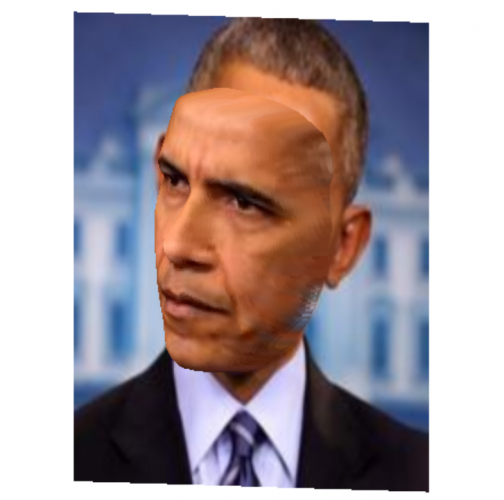Nottingham students develop 3D selfie software
PhD researchers at Nottingham University have developed a software programme that can turn a flat 2D image into a 3D selfie.

Their web application allows users to upload a single colour image, then transforms it into a 3D image that shows the physical shape of the face. It works using a Convolutional Neural Network (CNN) - artificial intelligence (AI) that applies machine learning which has been trained on a huge dataset of 2D pictures and 3D facial models. As well as being able to reconstruct 3D facial geometry, the CNN can also make predictions regarding the non-visible parts of the face.
"Our CNN uses just a single 2D facial image, and works for arbitrary facial poses [front or profile images] and facial expressions [smiling]," said Nottingham PhD student Aaron Jackson, the paper’s lead author.
According to the team, current techniques to create a 3D representation require multiple facial images, and face several challenges such as dense correspondences across large facial poses, expressions and non-uniform illumination. By applying neural networks, the Nottingham researchers believe they have found a more straightforward solution to these complex rendering problems.
Register now to continue reading
Thanks for visiting The Engineer. You’ve now reached your monthly limit of news stories. Register for free to unlock unlimited access to all of our news coverage, as well as premium content including opinion, in-depth features and special reports.
Benefits of registering
-
In-depth insights and coverage of key emerging trends
-
Unrestricted access to special reports throughout the year
-
Daily technology news delivered straight to your inbox










Water Sector Talent Exodus Could Cripple The Sector
Maybe if things are essential for the running of a country and we want to pay a fair price we should be running these utilities on a not for profit...